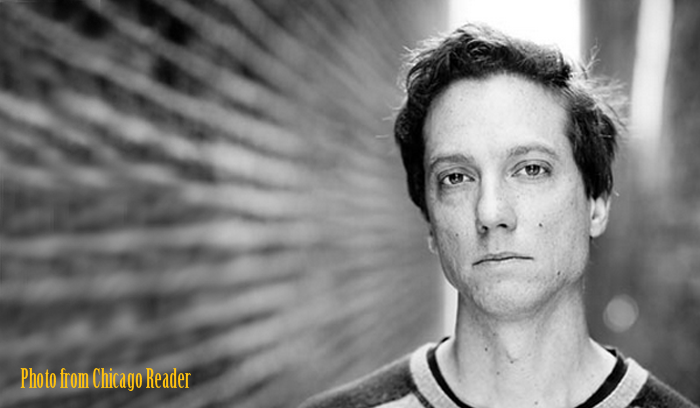This article originally appeared in the Chicago Reader.
For the first in our series of artists interviewing artists, Chicago Afrobeat Project keyboardist Kevin Ford spoke with Femi Kuti, eldest son of legendary Afrobeat pioneer and Nigerian human-rights activist Fela Kuti, about his new album, his doubts about democracy, and his efforts to protect his father’s legacy while carrying it forward. Femi Kuti plays with his band the Positive Force on April 30 at Metro.
Kevin Ford: Compared to your other albums, I’d say the messages on Africa for Africa are the most direct. I’m wondering if recording at Decca studio [in Lagos, Nigeria] affected the sound?
Femi Kuti: When we record in Lagos it’s like being on the battlefield. The electricity cuts off. There is no central AC, and we are sweating like dogs. All the things we are singing about, we are confronted with them in the studio. When we record in France, we are very comfortable. In Paris, it’s very difficult to [express] yourself when you are singing about problems and you can’t really identify with those problems.
I think it comes through in the album. It sounds to me like you have even more power behind your messages.
I planned to do the songs that way. But probably the emotion you are hearing comes from the fact that I was reconfronted with the attitude of Lagos.
There were some things brought up in the album that kind of hint at a united Africa. Do you think there could be a pan-African union, kind of like the European Union?
That was Kwame Nkrumah’s [the nationalist leader who liberated the new nation of Ghana from British rule] dream. And I think we’re still a very long way from that because the leaders in Africa are very greedy. I don’t see any African country doing anything for its people. So I think it’ll probably take another 50 to 100 years for us to reach there. The fact is we have to keep on fighting. We have to remember that so many people have lost their lives fighting. If there wasn’t a Kwame Nkrumah, my father, Malcom X, Marcus Garvey, or Mandela, people like me will be naive to the history of Africa. It’s very important that I play my part so that the children can always have a platform to continue the struggle.
You’ve talked in the past about democracy—that you have your doubts about democracy as a system.
Yeah, it’s a game, like you see with the Democrats and the Republicans in America. The Republicans always want to gain power so they will always do everything to sabotage the Democratic government, and vice versa. So what kind of system of government is that, when it is broken down before it started? Even if the government in power is doing good things, the opposition always tries to find an excuse to bring it down, so that government never functions like it should.
The U.S. and Nigeria are obviously different places, but Afrobeat music is very strong in the U.S., even though we don’t have the same politics.
It’s becoming global. I don’t think we need to overcome the fact that it’s from Nigeria.
Do you feel like in Lagos there is more pressure to stick to the roots, to the “true” Afrobeat?
Africans just like dancing; so as long as you do a good song, they are very flexible. They can be critical as well. They think that you are using Afrobeat. They use my father to judge you and say this doesn’t sound like him. It doesn’t mean they don’t accept it, but they can be very critical.
A lot of people call it underground music in America.
It’s not underground. They made a mistake. I don’t know why everybody’s always saying “underground.” My father said “on the ground.”
Next week: Experimental noise musicians Jon Cates and Jake Elliott of Dorkbot interview Captured! by Robots.

